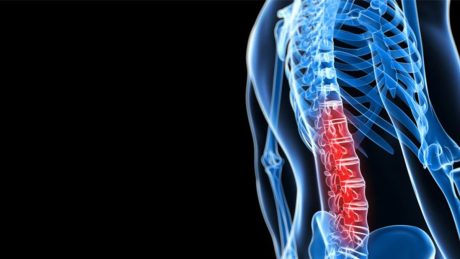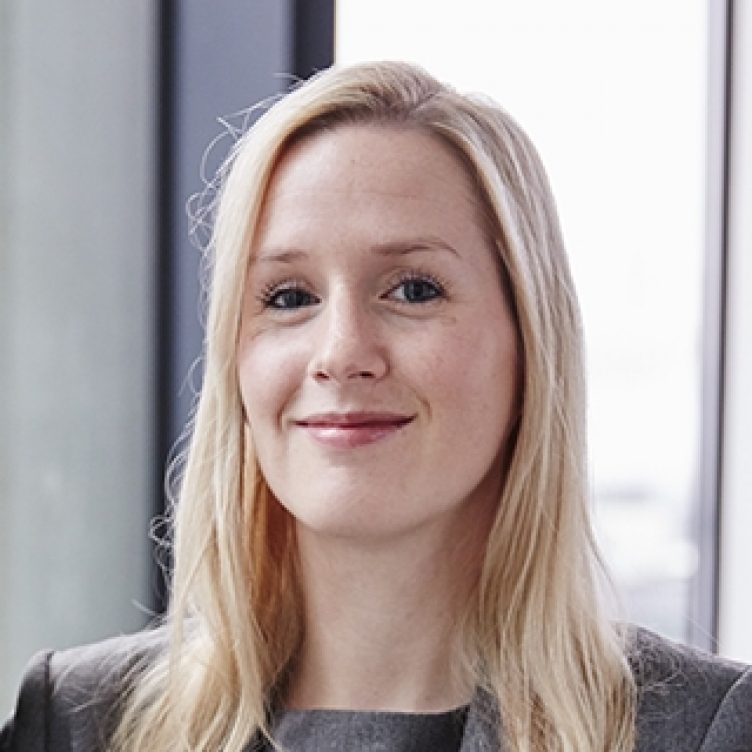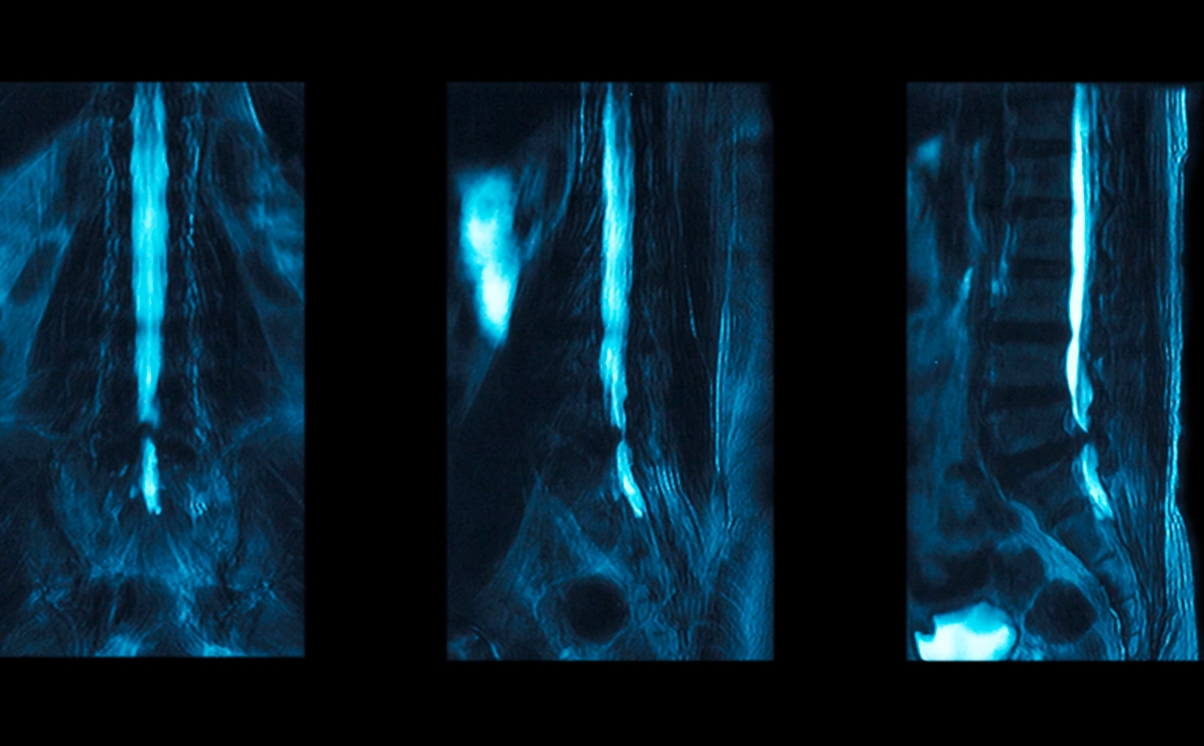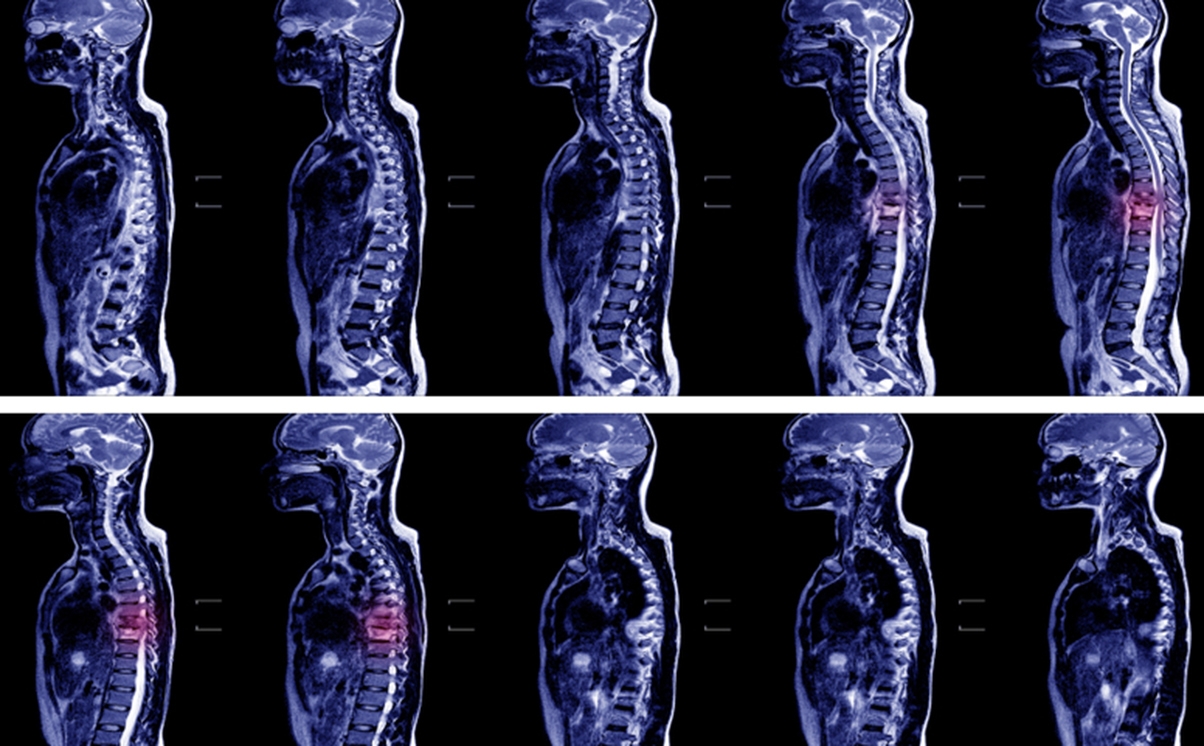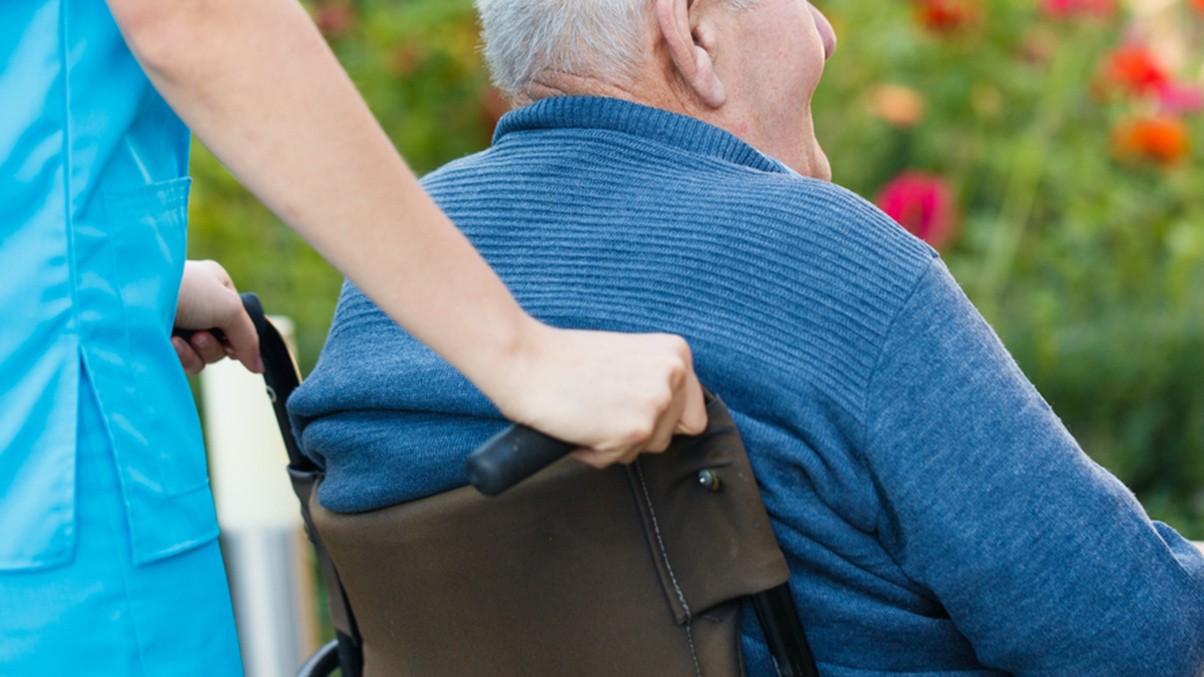In 2017, LP fell down the stairs and was taken to his local hospital (the first defendant) by ambulance. He was suffering from pins and needles in his hands, and his legs felt strange and wobbly. He was immobilised in a hard collar to protect against a potential spinal cord injury.
A CT scan was performed, which came back clear. His collar was removed, he was reassured and discharged. No neurological examination took place. LP’s family had to fetch a wheelchair as LP could not walk. He needed to support his neck by holding his head up with his hand under his chin. He could not take care of himself and needed to stay at his wife’s home (from whom he was separated).
His daughter arranged an appointment with his GP (the second defendant). By the time of the GP appointment, LP had weakness in his legs when his neck was extended. He still needed to support his neck by holding his head up under his chin. His GP noted this. However, his GP said he was reassured that the hospital would have done all the correct assessments even though the GP had yet to receive the discharge summary from the hospital or details of the outcomes of any of the investigations.
LP continued to have difficulties and suffered a further fall when trying to sit down on the sofa. After the second fall, LP lost the use of his arms and hands. He was taken back to a hospital within the same hospital trust as the first defendant, where he had a further CT scan. This again confirmed there was no bony injury. He was assessed by a doctor who asked him to lift his arm, which he could not do. His arm was then lifted for him, and the doctor allowed it to fall, hitting him in the face. LP was about to be discharged when his daughter, appalled by her father’s treatment, asked for a second opinion. That second opinion revealed LP was suffering from paralysis. He was admitted for an urgent MRI scan, which revealed a large haematoma compressing LP’s spinal cord. He was transferred to King’s College Hospital for emergency decompression surgery and evacuation of the spinal haematoma.
Following the surgery and despite specialist spinal rehabilitation, LP was left with significant paralysis. He is now dependent on a wheelchair for mobility and has a neurogenic bladder and bowel. He requires assistance during the day and night with meal preparation and washing and dressing.
The legal case
LP instructed Nadia Krueger-Young at Stewarts. A claim was brought against the hospital trust and LP’s GP for failing to assess LP properly and arrange or refer LP for an MRI scan upon his initial attendances at the hospital and at his GP. William Audland KC of 12 King’s Bench Walk, was also instructed alongside Isaac Hogarth and Vanessa Cashman.
The first defendant admitted there was a failure to assess LP properly but claimed even if it had done so, he still would have been sent home without an MRI. The second defendant (the GP) argued that LP must have been suffering from leg weakness upon neck extension when the first defendant assessed him, and it was acceptable for him to assume that the assessment had been adequate.
The most difficult argument was surrounding causation. The first and second defendants argued that even if they had assessed LP as we said they should have done and performed an MRI as we said they should have done, the MRI would have only shown a ligamentous injury. The radiology evidence showed that the haematoma compressing LP’s spinal cord had only developed after the second fall and was not the cause of LP’s initial symptoms upon falling down the stairs.
During the joint expert meetings, there were differences of opinion between LP’s and the defendants’ neurosurgical experts as to how a ligamentous injury should be treated and whether, if LP had been treated in a hard collar, the haematoma would have developed after the second fall.
Settlement
A joint settlement meeting was held with the first and second defendants. Although no liability was agreed, a financial settlement was reached. This has allowed LP to purchase a property, make adaptations and provide him with a safety net for increased care needs as he ages.
Testimonial
LP’s daughter commented: “We as a family would like to take the time in thanking Stewarts. They took the time in the beginning to listen to my dad and us as a family. There have been lots of conference calls in the last five years which they have arranged in the evenings to support us working. Even visits to us were arranged in plenty of time. We can’t thank you enough for everything you have done to support us and for listening to us as a family. You always kept us informed. I would like to thank you too, Nadia, and William Audland KC, for everything you have done for us .”
You can find further information regarding our expertise, experience and team on our Clinical Negligence pages.
If you require assistance from our team, please contact us.
Subscribe – In order to receive our news straight to your inbox, subscribe here. Our newsletters are sent no more than once a month.

